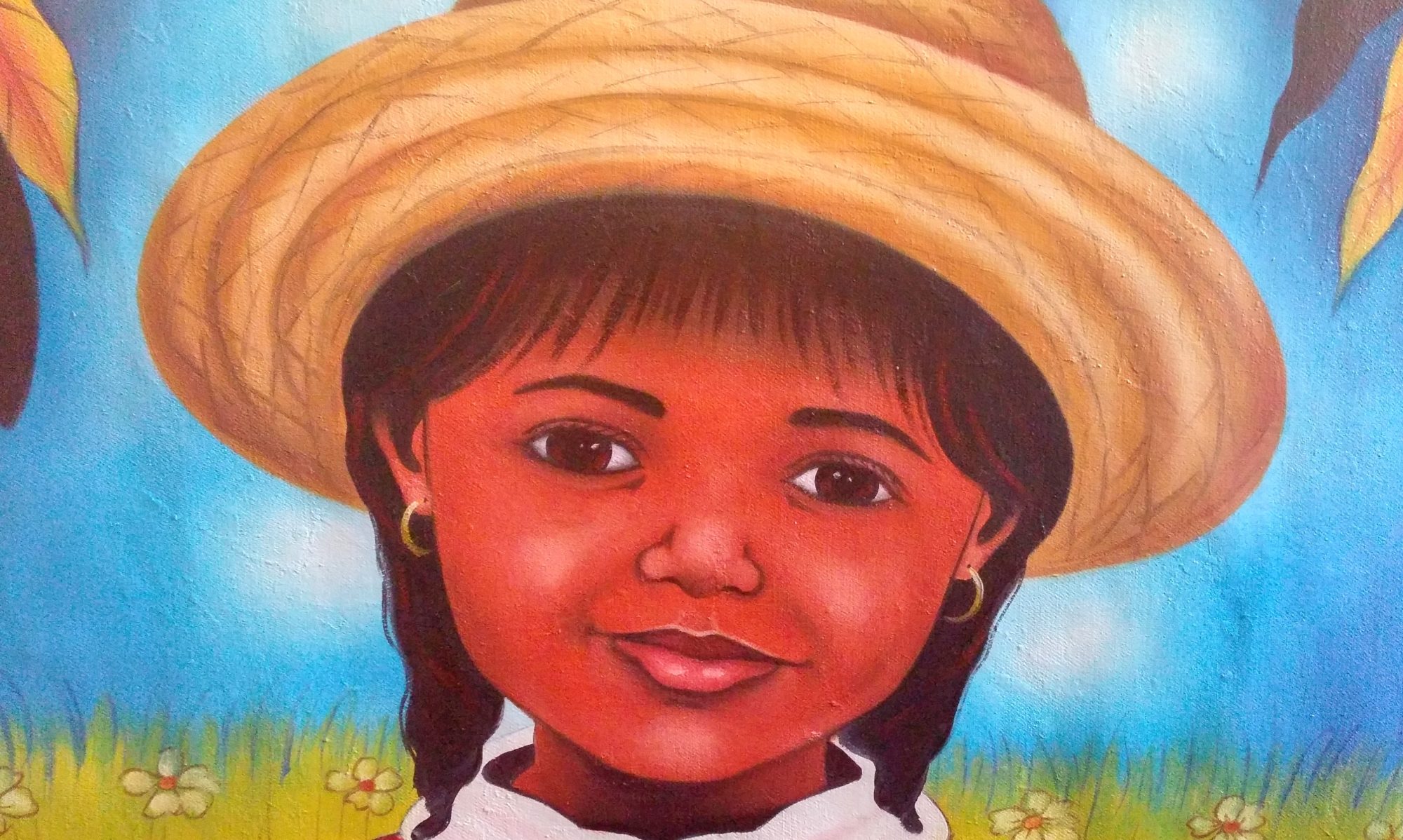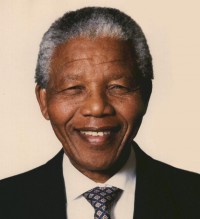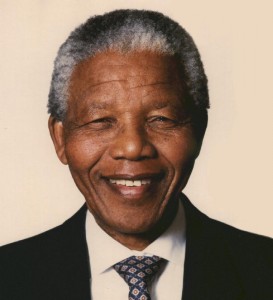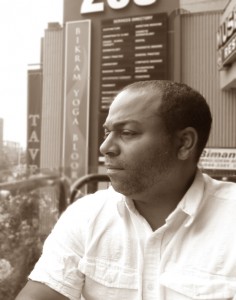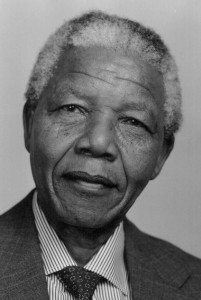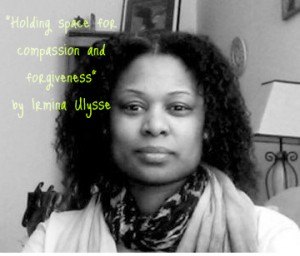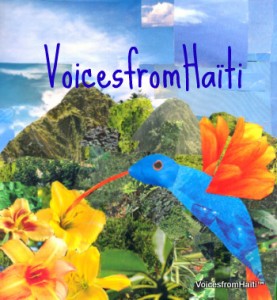THE LAST OF OUR PRIDE ~ by Jason Harris was first published on
Nelson Rolihlahla Mandela is 95 years old, resting, dream-walking the path that separates the ancestors from our world. Walter Sisulu, Chief Albert Lithuli, Govan Mbeki and countless others on the other side occasionally brush his spirit and say, “Brother, you have done everything and more on that side. What keeps you?”
Madiba, no doubt, makes a wry comment about the machines that his physical form is currently connected to, and promises that he will join the ancestors sooner than later. There is no question that wherever the Lion of Azania travels, there is a crowd waiting for him. From the perspective of a child of the diaspora, the image of Nelson and Winnie Mandela holding hands raised over their head as a sea of ANC supporters shout ‘Amandla’, or the black and white photos of Mandela nattily dressed as a young barrister are iconic touchstones that speak to something within us that strives for and seeks out the best. There can be no disagreement with the idea that Nelson Mandela embodies our best.
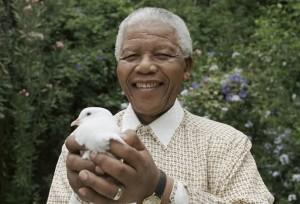 Yet there is a disquieting void in this moment, as Mandela has been in and out of the hospital in the last year. There seems to be less joy in celebrating a life of supreme achievement and more of a sense of dread. White South Africans- the Boers (and the British) are worried that the hardliners in the ANC will exert their influence upon South Africa in Mandela’s absence and carry out measures akin to what Robert Mugabe has enacted in Zimbabwe. Black South Africans (a redundant term in my opinion) are worried that white South Africans will revert to their more overt measures of oppression in the absence of a moral executor such as Mandela. Mandela’s children are entrenched in a battle to properly bury their Father. World leaders such as Obama are hastily making plans to descend upon South Africa to pay their respects and gauge in what manner Mandela’s possible transition affects sub-saharan Africa as a whole.
Yet there is a disquieting void in this moment, as Mandela has been in and out of the hospital in the last year. There seems to be less joy in celebrating a life of supreme achievement and more of a sense of dread. White South Africans- the Boers (and the British) are worried that the hardliners in the ANC will exert their influence upon South Africa in Mandela’s absence and carry out measures akin to what Robert Mugabe has enacted in Zimbabwe. Black South Africans (a redundant term in my opinion) are worried that white South Africans will revert to their more overt measures of oppression in the absence of a moral executor such as Mandela. Mandela’s children are entrenched in a battle to properly bury their Father. World leaders such as Obama are hastily making plans to descend upon South Africa to pay their respects and gauge in what manner Mandela’s possible transition affects sub-saharan Africa as a whole.
Desmond Tutu, Ahmed Kathrada, Thabo Mbeki are still with us. Even former UN head Kofi Annan is with us; but none can be compared to Madiba. In retrospect, Mandela is the last of the Lions- Martin, Malcolm, Medgar, Steve (Biko), Walter (Rodney), Kwame (Nkrumrah); these are Mandela’s peers. These are men who fathered movements and stepped in harm’s way. Mandela was able to reach his particular mountaintop – ending apartheid and bringing South Africa into a multiracial society. Nelson Mandela tasted victory in a way no athlete or executive could ever approach. While there are mountains yet to be climbed, those journeys are for others. What forms do our lives take as a race without the “one” whom we can look to for inspiration and model ourselves after?
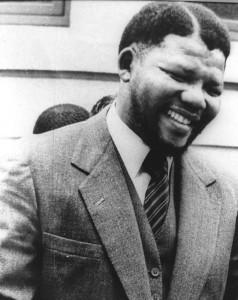 Nelson Mandela has lived the lives of multiple men in one soul stirring timeline- Prince and son of a Chief, founder of the first Black law firm in Johannesburg, political activist stepping forward to speak for his people, revolutionary moving about underground to avoid arrest, political prisoner, unifying messianic force of change, President, and now in his retirement, an avatar for morality, dignity and leadership. His close friend, Ahmed Kathrada, said it best:
Nelson Mandela has lived the lives of multiple men in one soul stirring timeline- Prince and son of a Chief, founder of the first Black law firm in Johannesburg, political activist stepping forward to speak for his people, revolutionary moving about underground to avoid arrest, political prisoner, unifying messianic force of change, President, and now in his retirement, an avatar for morality, dignity and leadership. His close friend, Ahmed Kathrada, said it best:
“From childhood, when he was brought up as a chief, Mandela was groomed to be a leader. Added to that were his political experience, foresight, courage and dynamism. Throughout the period that he operated underground, and during the Rivonia Trial, he displayed the undeniable qualities of leadership, culminating with his address from the dock. Our lawyers, the media, the outside world and all of the accused….accepted him as the leader…”
 Consider the vile reality of apartheid, where a pencil was pushed into ones hair, and depending on whether the pencil held fast or fell out determined the racial category one was officially classified under. Being classified as an African meant losing one’s property, curfew, restricted movements withIN the country, as well as general subservience to the white minority. Mandela’s journey was littered with the likes of State sponsored terrorists such as Theuns ‘Rooi Rus’ Swanepoel, the policeman who ordered the Soweto massacre in 1976 and Piet Badenhorst, a sadistic warden whose iron fisted rule of the Robben Island prison that housed Mandela featured prison guards burying inmates up to their neck and urinating on them. In spite of the dehumanizing tactics of the apartheid regime, Mandela and his fellow inmates transformed Robben Island into a think tank that laid the ground work for the end of South Africa’s version of Jim Crow. The 27 years of imprisonment honed his prodigious gifts as a leader until he emerged from jail as a force whose proper place was nothing less than the world stage.
Consider the vile reality of apartheid, where a pencil was pushed into ones hair, and depending on whether the pencil held fast or fell out determined the racial category one was officially classified under. Being classified as an African meant losing one’s property, curfew, restricted movements withIN the country, as well as general subservience to the white minority. Mandela’s journey was littered with the likes of State sponsored terrorists such as Theuns ‘Rooi Rus’ Swanepoel, the policeman who ordered the Soweto massacre in 1976 and Piet Badenhorst, a sadistic warden whose iron fisted rule of the Robben Island prison that housed Mandela featured prison guards burying inmates up to their neck and urinating on them. In spite of the dehumanizing tactics of the apartheid regime, Mandela and his fellow inmates transformed Robben Island into a think tank that laid the ground work for the end of South Africa’s version of Jim Crow. The 27 years of imprisonment honed his prodigious gifts as a leader until he emerged from jail as a force whose proper place was nothing less than the world stage.
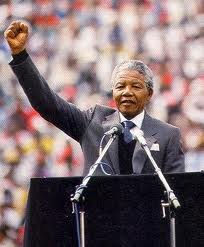 He patiently waited, shaping and honing his weapon of choice, his ideas, ever alert to opportunities to make them sharper, more efficient, more accessible. Madiba could have fallen to bullets, bombs, bombshells, money or promises. He didn’t; he walked out of the boxes they placed him in to crush his mind, body and spirit, ready and willing to live up to what he was expected to be. His emergence and his powerful example as a man of intelligence and morality inspired the entire world.
He patiently waited, shaping and honing his weapon of choice, his ideas, ever alert to opportunities to make them sharper, more efficient, more accessible. Madiba could have fallen to bullets, bombs, bombshells, money or promises. He didn’t; he walked out of the boxes they placed him in to crush his mind, body and spirit, ready and willing to live up to what he was expected to be. His emergence and his powerful example as a man of intelligence and morality inspired the entire world.
At the end of Spike Lee’s film ‘Malcolm X’, we see the children standing up and saying ‘I am Nelson Mandela.’ The image was beautifully conceived and brought to mind the ANC slogan of ‘when one in front falls, another is there to catch the spear and continue the fight’. Almost 50 years later, the last words of Madiba’s famous speech during the 1964 Rivonia trial that would send him to prison for nearly three decades serves as perfect encapsulation as to why children would be so inspired:
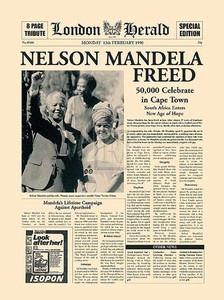 “During my lifetime I have dedicated myself to this struggle of the African people. I have fought against white domination, and I have fought against black domination. I have cherished the ideal of a democratic and free society in which all persons live together in harmony and with equal opportunities. It is an ideal which I hope to live for and achieve; but if needs be, it is an ideal for which I am prepared to die.”
“During my lifetime I have dedicated myself to this struggle of the African people. I have fought against white domination, and I have fought against black domination. I have cherished the ideal of a democratic and free society in which all persons live together in harmony and with equal opportunities. It is an ideal which I hope to live for and achieve; but if needs be, it is an ideal for which I am prepared to die.”
Madiba’s charisma, intellect and discipline in the face of apartheid was singular- what we will find out in a world where the enemy has shifted its tactics, is not only who will carry on the Lion’s fight, but whether or not they are a lion at all. Viva Madiba! Nkosi Sikelel’ iAfrika!
———————————
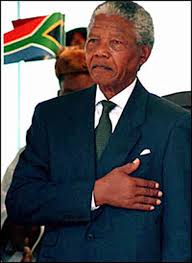
“We stand here today to salute the United Nations Organization and its Member States, both singly and collectively, for joining forces with the masses of our people in a common struggle that has brought about our emancipation and pushed back the frontiers of racism.”
South African President Nelson Mandela
Address to UN General Assembly
3 October 1994
Jason Harris is a Baltimore based multimedia artist whose primary medium is speculative literature. He is the editor and publisher of ‘Redlines: Baltimore 2028’ a speculative fiction anthology that focuses on near future scenarios in Baltimore, Maryland. His upcoming novella, ‘Fly, Girl’ will be released at his event, Mind Trip 2.0, in September 2013. More information about Jason and his work can be found on his website,www.newfuturism.com.
